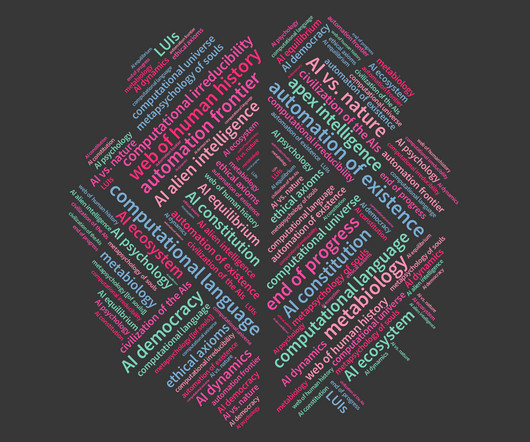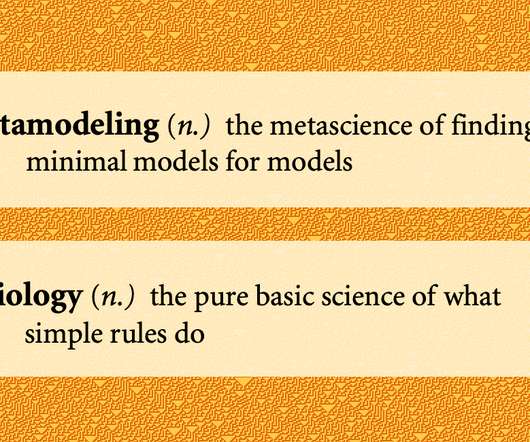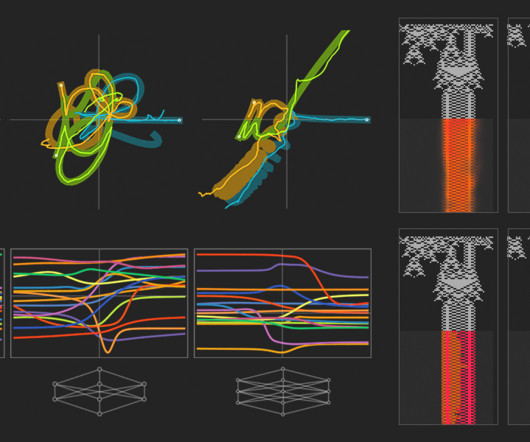Will AIs Take All Our Jobs and End Human History—or Not? Well, It’s Complicated…
Stephen Wolfram
MARCH 15, 2023
Given a defined “goal”, an AI can automatically work towards achieving it. Most of our existing intuition about “machinery” and “automation” comes from a kind of “clockwork” view of engineering—in which we specifically build systems component by component to achieve objectives we want. And that’s where we humans come in.











Let's personalize your content